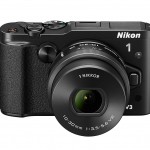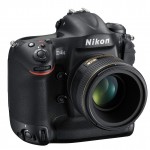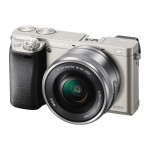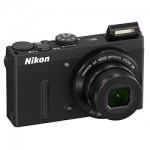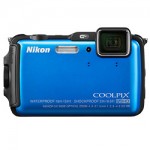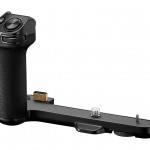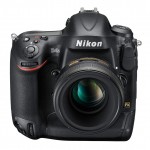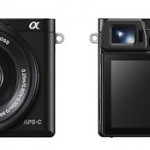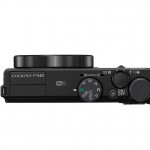Matchbox is launching a toy car built from real-life electric vehicles and manufactured using recycled materials as part of a new global launch.The first will be a smaller version of the Tesla Roadster and will be followed by others with a reduced size charger.Toy manufacturers want to raise awareness among children about the environmental impact of driving.Other companies, including Lego, are also offering more sustainable toys.Other Matchbox vehicles to be launched will feature electric and hybrid vehicles made by Nissan, Toyota and BMW.
The Tesla Roadster will be the slotxo ออโต้ first die-cast model made from 99% recycled materials and will go on sale next year.Toy cars are made of only 1% recycled zinc and plastic from unrecycled stainless steel. Packaging made of paper and wood fiber The goal of this scene is to create "Environmentally conscious" to children and "empowering the next generation of Matchbox fans to help us lead a sustainable future," Mattel's global automotive head, Roberto Stanichi.Since the founding of the new generation almost 70 years ago,
Matchbox has used design and innovation to connect children to the real world around them through play," he adds.The UK-based Matchbox, owned by US toy maker Mattel, was created in 1967. Since 1953 and sells more than 40 million die-cast vehicles each year.Mattel, which owns the Hot Wheels brand, plans to use 100% recyclable or bio-recyclable plastic materials in the manufacture of all products and packaging by 2030.
Green brick
Lego said it would begin converting plastic packaging to paper bags this year as the toy brick maker aims to be more sustainable.The Danish company said it had received a letter from the children requesting the removal of single-use plastic bags.Lego will invest up to $ 400 million (£ 310 million) over three years to improve its sustainability efforts.Lego blocks are made of plastic,
although the company is exploring other materials.Waitrose said it will no longer sell children's magazines that feature plastic disposable toys to help tackle pollution.Retailers say free plastic toys have a short lifespan and are not easily recyclable.This comes amid calls from some children that they are aimed at giving up free plastic toys.




 LinkBack URL
LinkBack URL About LinkBacks
About LinkBacks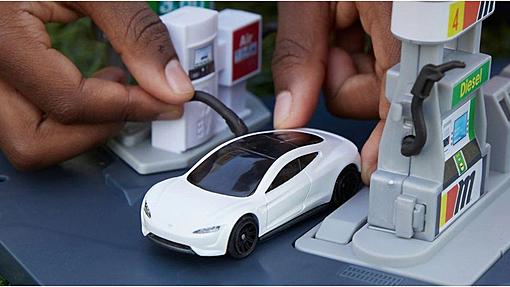

 Reply With Quote
Reply With Quote
